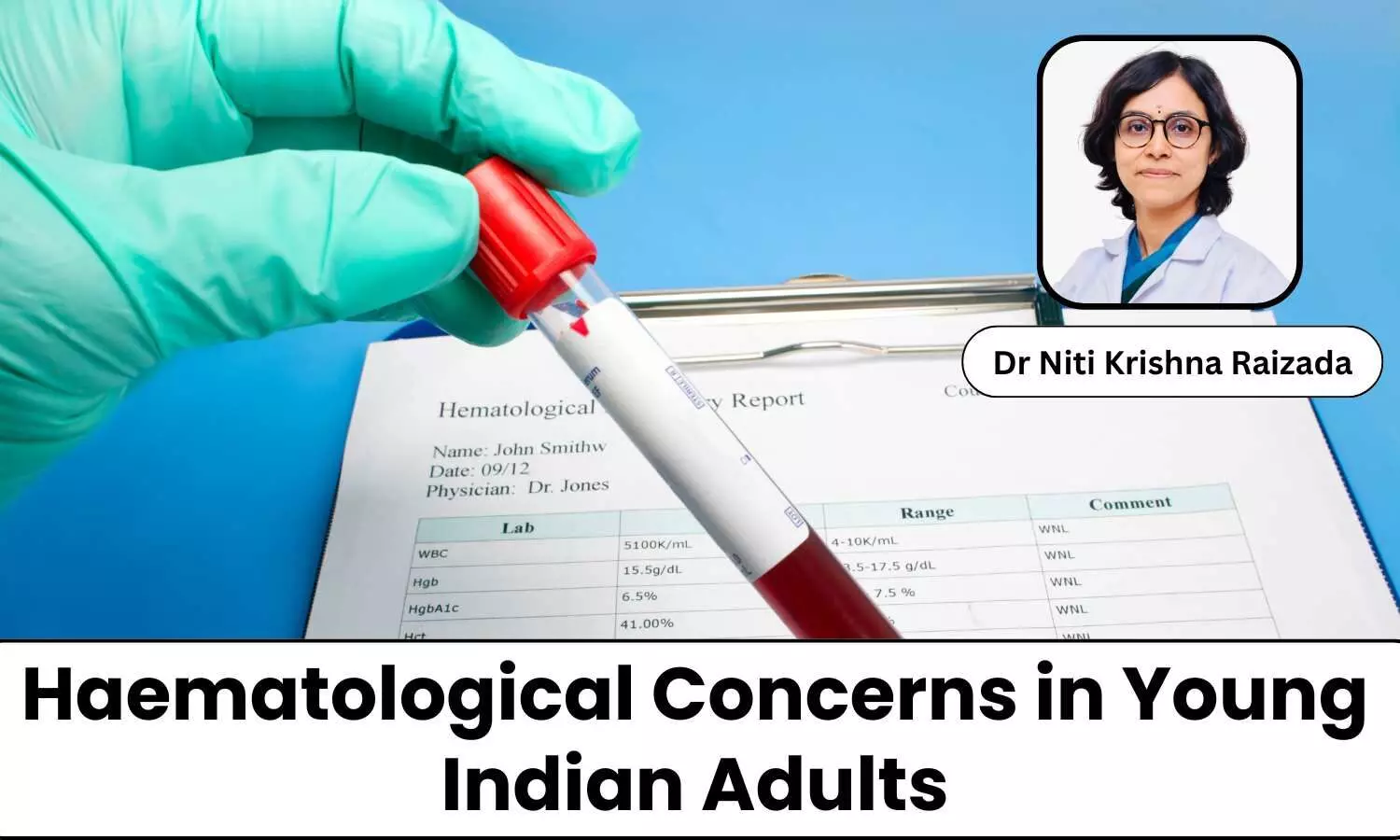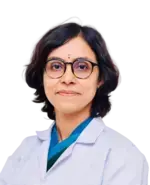Blood Matters: Haematological Concerns in Young Indian Adults - Dr Niti Krishna Raizada

Young adulthood is a period of immense transition – from education to careers and forming independent lives. However, this vibrant phase can be overshadowed by underlying health concerns. In India, haematological issues, or blood disorders, pose a significant challenge for young adults (aged 18-40).
Dominant Disorders
Thalassemia: This inherited blood disorder reduces hemoglobin production, leading to fatigue, weakness, and pale skin. Hemoglobin E/β-thalassemia and Hemoglobin S/β-thalassemia are particularly prevalent in India, impacting millions. Regular blood transfusions and proper management are crucial for a normal life.
Iron Deficiency Anaemia (IDA): This widespread condition, caused by iron deficiency, affects both sexes but is more common in women. IDA leads to tiredness, shortness of breath, and pale appearance. Dietary factors, menstruation, and certain medications can contribute to IDA in young adults.
Chronic Myeloid Leukaemia (CML): This type of cancer affects bone marrow and blood cell production. While uncommon, CML is the most frequent leukaemia diagnosed in young adults in India. Fortunately, targeted therapies offer promising outcomes.
Unique Challenges
Nutritional Deficiencies: Dietary deficiencies of iron, folic acid, and Vitamin B12 are widespread in India. These deficiencies can contribute to IDA and other blood disorders in young adults. Poverty and imbalanced diets often play a role.
Delayed Diagnosis: Lack of awareness about blood disorders and limited access to quality healthcare can lead to delayed diagnosis in young adults. This can worsen the condition and complicate treatment.
Transitional Challenges: As young adults move away from parental care for education or work, maintaining a consistent treatment regimen for chronic blood disorders like Thalassemia becomes difficult.
The Road Ahead
Public Health Initiatives: Educational programs can raise awareness about blood disorders, their symptoms, and the importance of timely diagnosis.
Nutritional Interventions: Promoting balanced diets rich in iron, folic acid, and Vitamin B12 can significantly reduce the risk of IDA and other deficiencies.
Improving Healthcare Access: Expanding healthcare infrastructure, particularly in rural areas, will ensure easier access to diagnostic tests and specialist consultations for young adults.
Support for Young Patients: Programs providing social and emotional support can help young adults cope with the challenges of living with chronic blood disorders.
Haematological issues can significantly impact the lives of young adults in India. By addressing the unique challenges associated with this age group, we can improve early diagnosis, treatment adherence, and overall well-being. Investing in public health initiatives, better nutrition, and accessible healthcare will pave the way for a healthier future for India's young population.


